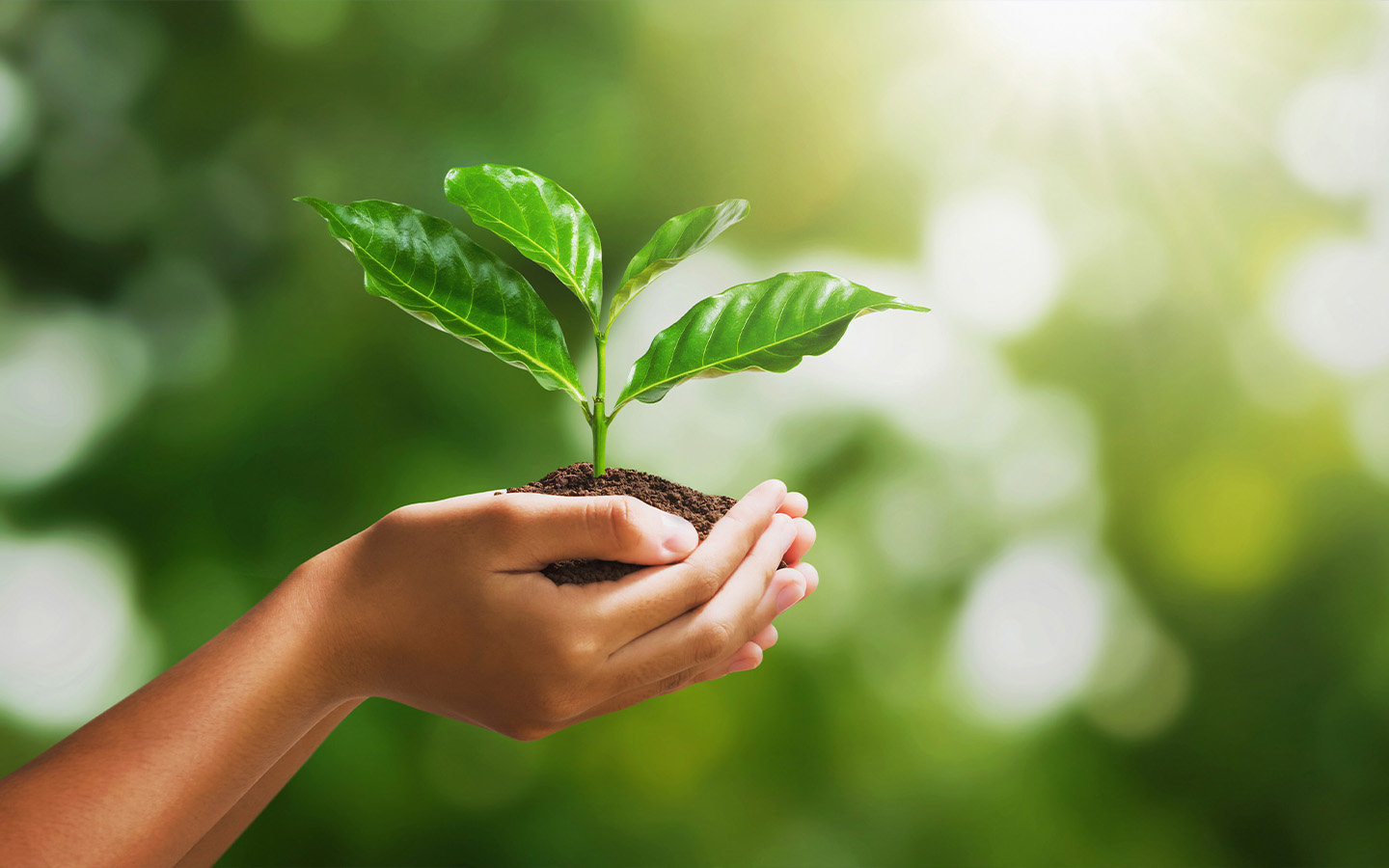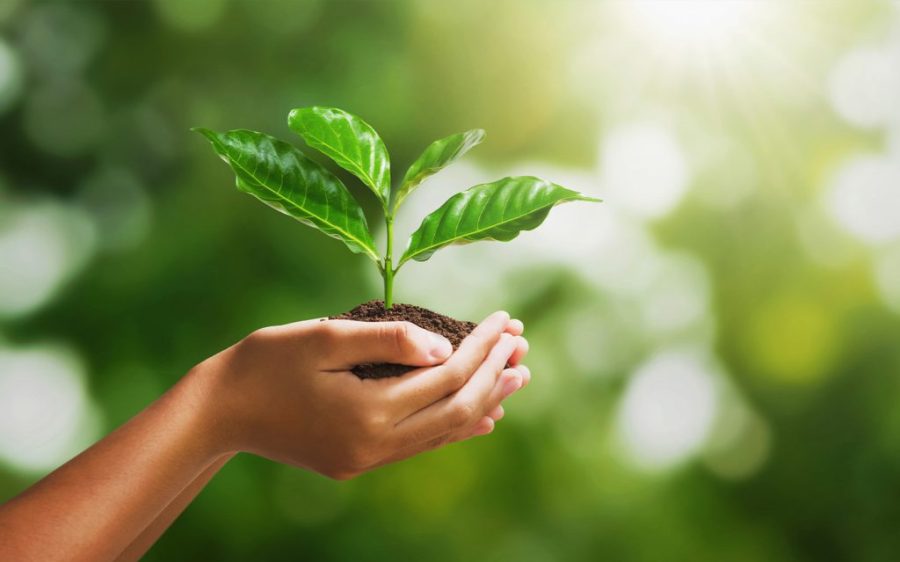It’s World Environment Day. Established by the United Nations and held annually since 1973, the annual occasion is described as the largest global platform for environmental public outreach and observed by millions of people globally. With the world failing to stick to its carbon reduction targets, and plastic and air pollution worsening, taking action is more important than ever.
In Macao, the Environmental Protection Bureau (known by its Portuguese initials DSPA) has been organising a host of related activities in collaboration with public entities, community organisations and the city’s casino-resorts. The aim is to encourage the public to develop sustainable habits and embrace a low-carbon lifestyle in support of the nation’s “Dual Carbon” goals.
[See more: Macao government to host activities ahead of World Environment Day]
The DSPA has also invited the city’s businesses and residents to participate in “Earth Hour” campaign tonight at 8:30 pm, when all non-essential lighting is turned off for one hour.
Read on for five more seemingly small but impactful steps you can take locally to tread lighter upon this planet.
Recycle more
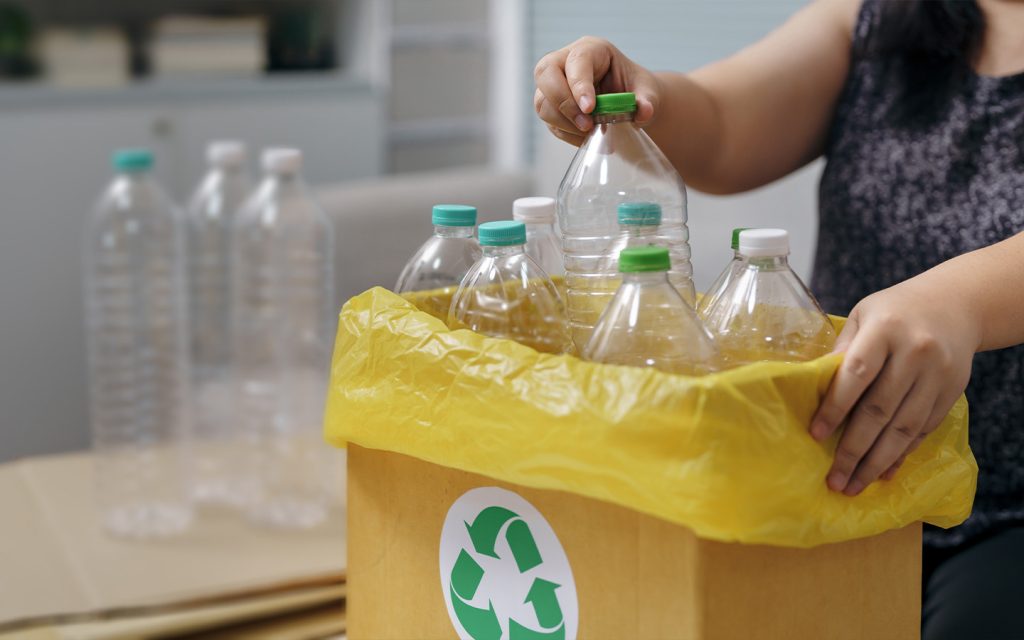
Did you know you could recycle a lot more in Macao than what the 3-coloured recycling bin system for paper, metal and plastic offers?
There are a number of recycling stations across the city where you can turn in your food waste in return for free fertiliser. Here, you can also recycle everyday items such as shampoo bottles, takeaway containers and Yakult containers. Just be sure to properly clean them and wash off any food or drink first!
[See more: Recycling levels remain poor in Macao despite government efforts]
The DSPA’s Electronic and Electrical Equipment Recycling Programme also allows you to recycle old electronics at these mobile stations. If you want to recycle bigger items such as refrigerators, air conditioning units or washing machines, the programme also offers a free collection service directly from your home.
Use your own containers for takeaway
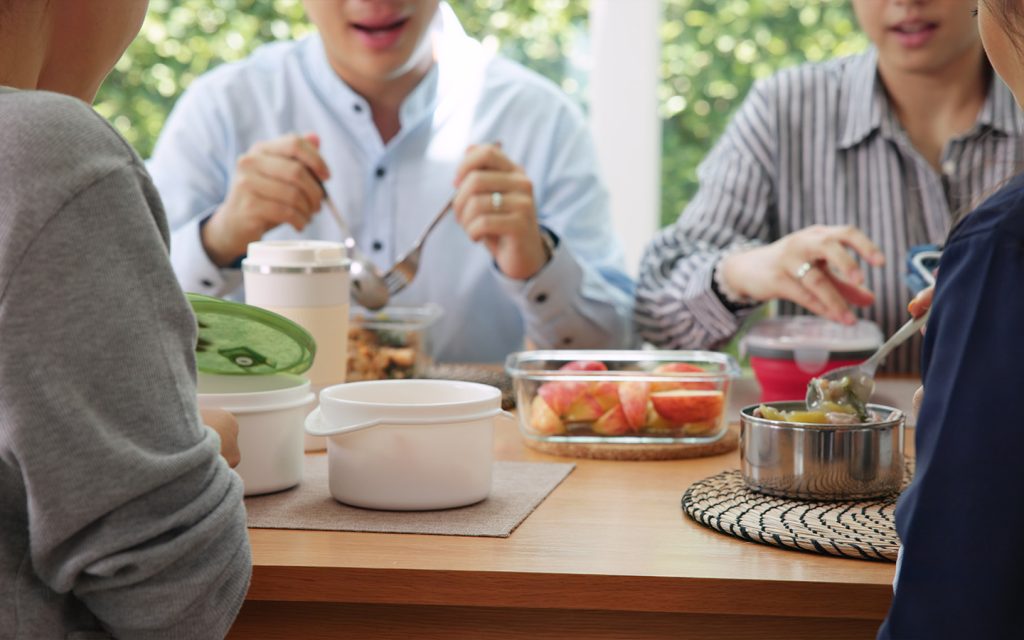
Takeaway food and drinks are part of life in a busy city, but they are wasteful in terms of packaging and single-use cutlery. Try to bring your cups and containers instead. Most stores will be happy to pack your order in them. You’ll also be helping to reduce Macao’s trash mountain and protecting your own health too.
[See more: Eating from plastic takeout containers increases the chances of heart failure]
Macao’s population generated 2.1 kilograms of municipal solid waste per person per day in 2024, a 4 percent year-on-year increase, according to the Environmental Protection Bureau’s latest Report on the State of Macao’s Environment. For comparison, that’s considerably more than what Hong Kong generates (1.44 kilograms) and more than double what’s thrown out in Guangzhou. (0.89 kilograms)
In an effort to alleviate the problem, Macao effectively banned non-biodegradable plastic plates and cups as well as disposable styrofoam food trays from the start of 2024. It’s a small step – but it’s something.
Take shorter showers
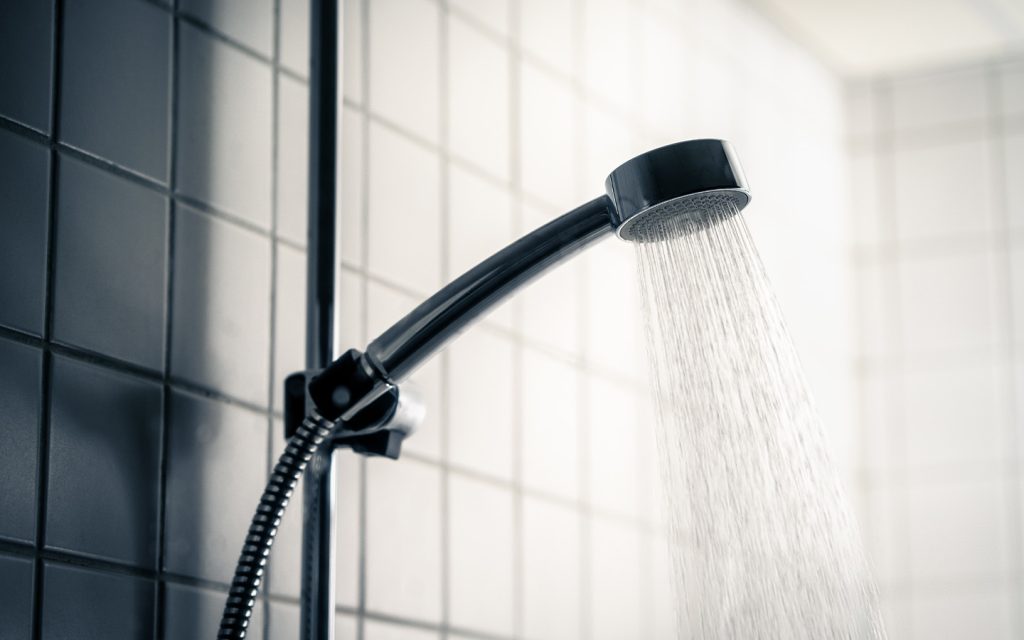
It’s easy to lose track of time in the shower, especially on hotter days or after a long day of work. But making small changes in your shower habits, like reducing the length and water temperature, can really help the environment and your wallet.
According to the Environmental Protection Agency, an 8-minute shower typically uses about 17 gallons of water. A standard showerhead uses about 2.5 gallons of water per minute. Shaving just three minutes off your shower time can conserve about 7.5 gallons of water overall.
[See more: This is the best time of day to shower, according to science]
According to Healthline, the recommended maximum shower length for your skin is between 5 and 10 minutes anyway. And there’s no reason for most people to shower more than once per day, especially if you don’t do physical activity that causes you to sweat.
While this simple change in habits might seem redundant, the cumulative effect of millions of showers, and factoring in the energy needed for hotter showers, adds up to a significant environmental impact.
Go meat free, at least some of the time
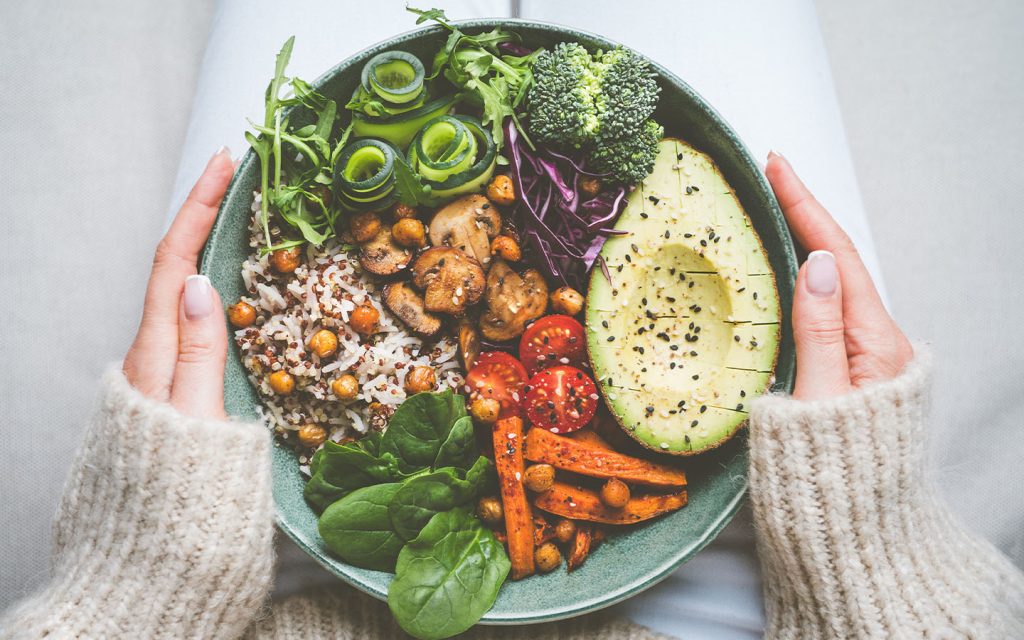
Making a shift towards a diet with less meat is a powerful way to lessen our environmental footprint. The production of meat is a major contributor to various ecological issues. For instance, meat-heavy diets lead to a significant release of greenhouse gases, far surpassing those from plant-based alternatives. Moreover, raising animals for food demands substantial land and water resources. In many parts of the world, a vast majority of agricultural land supports animal farming, resulting in problems like soil erosion and the destruction of forests for grazing and feed production.
[See more: World Environment Day: Discussing the state of Macao’s environment with Joe Chan]
Further, meat production contributes to pollution due to animal waste and the loss of natural habitats, which negatively impacts biodiversity. Reducing meat consumption can help alleviate these issues. In fact, experts like those at the Intergovernmental Panel on Climate Change (IPCC) have identified dietary shifts toward plant-based foods as a key strategy to combat climate change and promote better health. By making conscious choices about what we eat, we can actively participate in protecting our planet and ensuring a more sustainable future.
Volunteer for the cause

Annie Lao, the co-founder of Macau for Waste Reduction, a local campaign aiming to promote clean recycling in the city, says that volunteering is a great step if you want to make an even bigger impact. There are a number of environmental groups and NGOs doing great work locally.
[See more: Here’s how to live frugally in Macao]
“Choose the issues you care about the most, from promoting clean recycling … to participating in Oxfam’s food recycling programme,” says Lao, “You can also gain a lot from volunteering, such as meeting more people and learning how to organise an event. It’s a win-win situation!”
